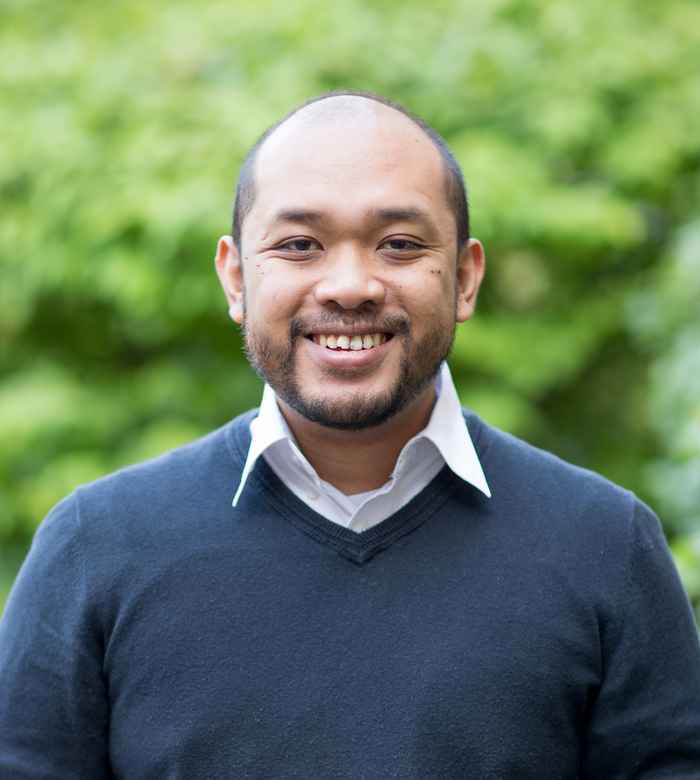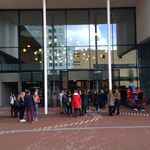The Broader Political Significance of Houses of Worship: Theory and Evidence from Indonesian Mosques
ACCS lunch lecture
- Date
- 10 June 2024
- Time
- 12:00 -13:30
- Room
- B9.22
Houses of worship hold specific political significance as they shape political attitudes and behavior of their congregations. Nathanael Sumaktoyo argues that houses of worship also have a broader political significance as their impact extends to the local community. He supports this argument by analyzing the locations of more than 300,000 mosques in Indonesia and national panel data of more than 16,000 Muslim respondents. Employing a difference-in-difference approach, he finds that the presence of new mosques in a kecamatan (district) correlates with exclusionary attitudes toward non-Muslims, reflecting the dominance of discourses on Muslim – non-Muslim relations in the country. Furthermore, there is no evidence that more mosques promote stronger preferences for co-religionist and co-ethnic political candidates or higher trust toward fellow Muslims. Further analysis suggests that these effects are driven by the role of mosques as an information and communication channel, as opposed to their roles in enhancing religiosity or strengthening religious identity.
Interested in learning more about this research project? Join us on 10 June in the Political Science common room. Lunch will be served. To register, please use the link provided.

About the speaker
Nathanael Gratias Sumaktoyo is Assistant Professor of Political Science at the National University of Singapore. His research focuses on understanding the causes and consequences of sociopolitical inclusion and exclusion, as well as how everyday social structures and institutions, such as norms, networks, socioeconomic inequality, and religion, shape political attitudes and behaviours.
